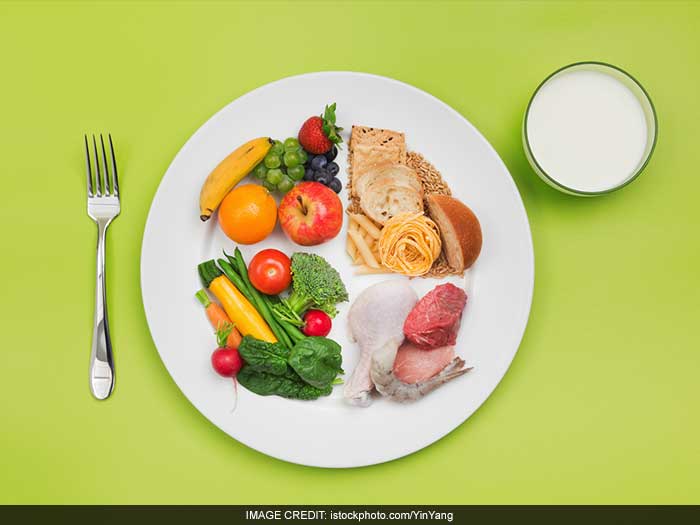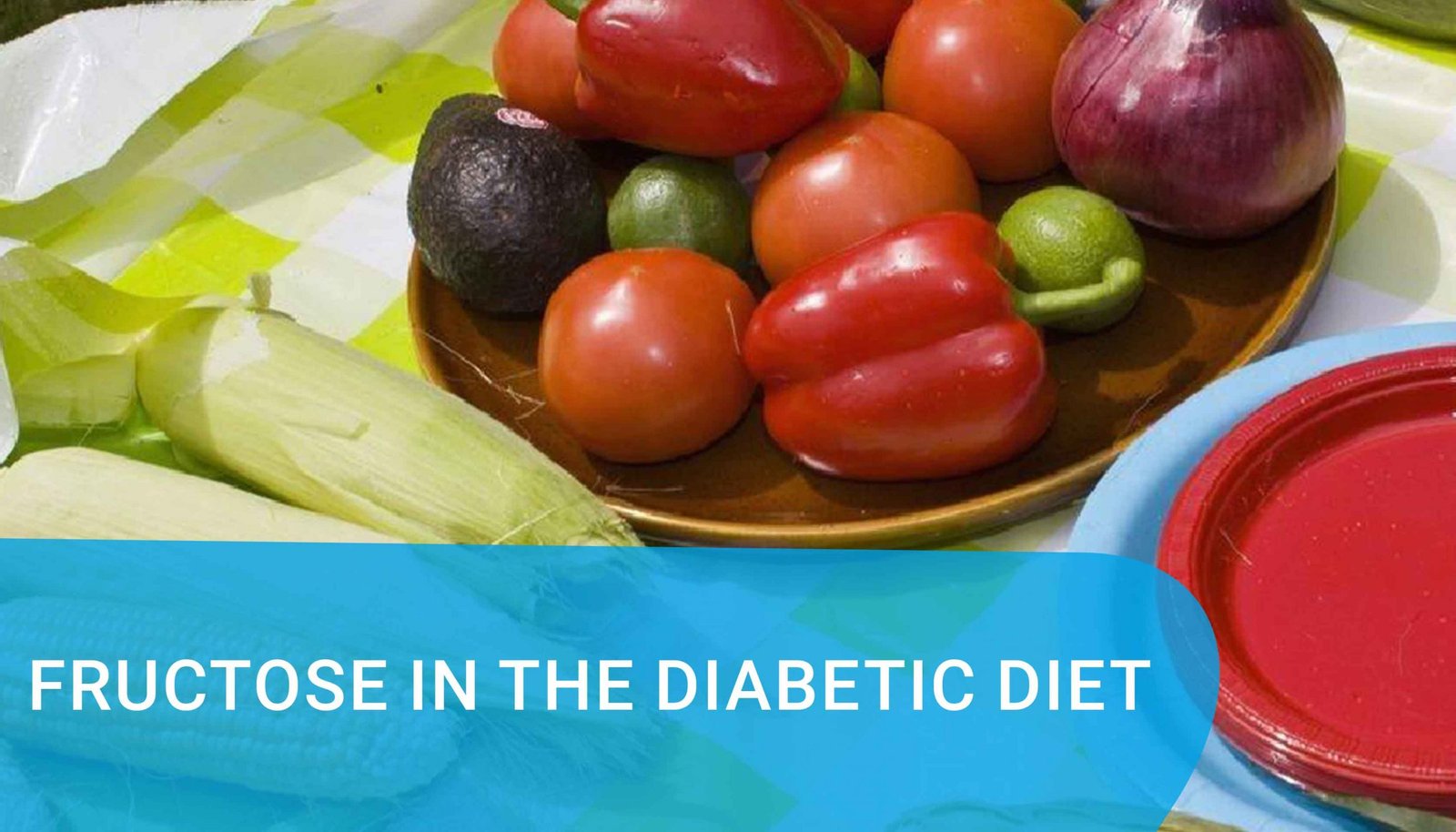Fructose in the diabetic Diet
Fructose is an energy-yielding sweetener coming from different natural sources (fruit, berries, and vegetables). The current content of fructose in the diabetic diet seems to be within recommendations. Because of the low glycemic index of fructose, fructose may be an alternative as a sweetener for those diabetic patients who like sweet foods but are liable to high postprandial glucose concentrations. In patients with mild non-insulin-dependent diabetes mellitus, fructose may result in lower postprandial glucose and insulin responses than most other carbohydrate sources. In clinical studies, fructose has either improved metabolic control of diabetic patients or caused no significant changes. In patients susceptible to hypertriglyceridemia high doses of fructose should be avoided because of a potential hypertriglyceridemic effect. Long-term experiences about the use of fructose from large scale controlled studies on diabetic patients are lacking.
Popular Diet Plan
In general, low-carb eating is defined as limiting the total amount of carbs consumed in a day to less than 130g. There is evidence that it is safe and effective in the short term in helping people with type 2 diabetes manage their weight, blood glucose (sugar) levels, and risk of heart disease. However, there is also evidence that they can impair children’s growth and thus should not be recommended for them.

Benefits Of Following a Low-Carb Diet
Weight loss is one of the primary advantages of a low-carb diet. This aids in the reduction of HbA1c and blood fats such as triglycerides and cholesterol in people with type 2 diabetes. Losing weight can also help you improve your diabetes management and lower your risk of complications.
What to consider before following a low-carb diet?
A low-carbohydrate diet may increase the risk of hypoglycemia.
It is critical to begin by reducing carbohydrate intake from unhealthy sources such as sugary drinks, pizzas, cakes, biscuits, chips, white bread, fruit juices, and smoothies. It’s also a good idea to get your carbs from high-fiber foods like pulses, nuts, vegetables, whole fruits, and whole grains.

